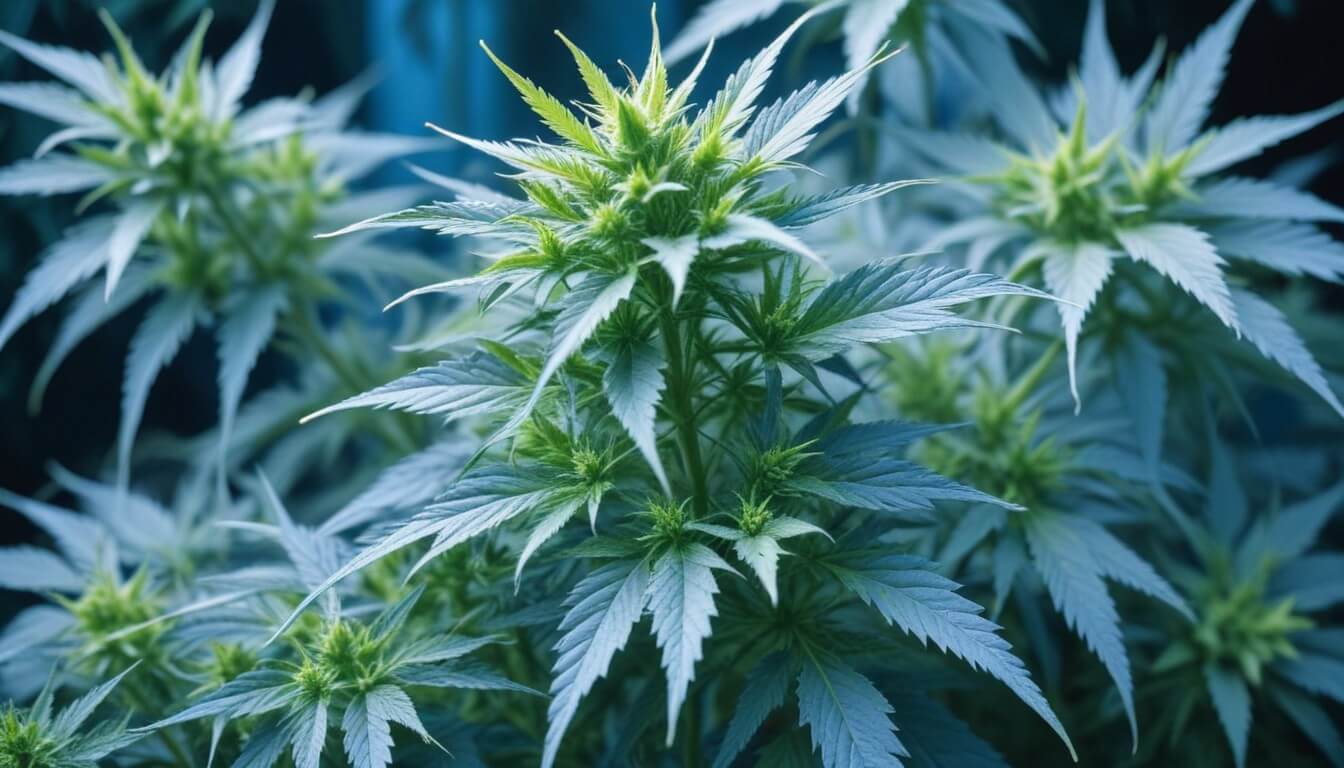The hemp community in Florida is breathing a sigh of relief after Governor Ron DeSantis vetoed Senate Bill 1698, which many believed would have severely harmed the state’s burgeoning hemp industry. For months, stakeholders and entrepreneurs in the field lobbied intensely to prevent the bill from becoming law, fearing its potential economic impact on small businesses. Now that the immediate threat has been averted, what future challenges and opportunities lie ahead for Florida’s hemp sector?
Governor’s decision: A critical move for small businesses
Governor DeSantis’s decision to veto Senate Bill 1698 came as a significant win for many in the hemp industry. The bill sought to impose strict caps on delta-9 THC levels in hemp products, limiting them to 5 milligrams per serving and 50 milligrams per container. If enacted, this regulation would have introduced severe restrictions affecting multiple aspects of the industry.
A collective appeal
In the weeks leading up to the governor’s decision, his office was inundated with calls and messages urging a veto. “Small businesses are the cornerstone of Florida’s economy,” DeSantis wrote, emphasizing the devastating effect the bill would have had. Many small retail and manufacturing businesses in Florida, buoyed by recent legislation facilitating the commercial use of hemp, would have faced almost insurmountable regulatory hurdles under the new law.
Economic implications
According to a 2023 analysis by Whitney Economics, total sales from hemp businesses exceeded $10 billion in Florida in 2022. Industry experts like Zack Kobrin, an attorney specializing in cannabis and hemp, suggested that numerous companies might have relocated to other states if the bill had been signed into law. This exodus could have led to significant job losses and an economic downturn within the sector.
Voices from the industry: Relief and ongoing concerns
Many entrepreneurs and small business owners within the hemp industry expressed relief at the governor’s decision. Vinnie Seudath with Kushy Pies in Tampa noted that hemp products are among his best-sellers, comprising a substantial part of his inventory. However, while the immediate danger has been averted, there remains concern regarding the tone of DeSantis’s recommendations to the Legislature.
Recommendations for future legislation
In his veto letter, DeSantis called for the Legislature to reconvene and create a comprehensive regulatory framework for hemp-derived products’ manufacture and sale. He outlined several key areas such as quality control, labeling, marketing, and packaging standards. Perhaps most concerning for some were his suggestions to limit the concentration of hemp retail locations and ensure these shops do not present themselves as medical offices.
Industry reaction
While many welcomed the veto, there is anxiety over future legislative measures. Legal experts like Zack Kobrin believe that although protections against market disruption are necessary, the specifics of future regulations must be carefully balanced to avoid stifling growth. These sentiments reflect broader industry wishes for fair and practical oversight without overly restrictive measures.
Political landscape: Divided opinions
The political environment surrounding the bill displayed a clear division of opinion, particularly within the Republican party. State Sen. Colleen Burton, who sponsored the proposal, viewed the bill favorably despite pushback from industry stakeholders during legislative sessions. Senate President Kathleen Passidomo also perceived the bill as “measured,” showing minimal concern for the industry’s opposition.
Dismissing constituent concerns
Manatee County Republican Tommy Gregory, who sponsored the House version of the bill, remained dismissive even amid extensive constituent feedback. His indifference reflected a broader lack of empathy towards small business concerns within parts of the GOP, potentially widening the gap between lawmakers and the sectors they legislate for.
Future legislative efforts
Despite the bill’s failure to pass this time, its proponents may attempt to introduce similar regulations in future sessions. Legislative strategies seem poised to evolve, likely involving incremental approaches rather than sweeping changes. Advocates within the hemp industry are gearing up for another round of lobbying to maintain favorable conditions for small businesses while contributing their insights into feasible regulatory frameworks.
The way forward: Strategic planning for sustainability
As the hemp industry navigates through this period of heightened scrutiny and regulatory uncertainty, strategic planning becomes essential. Small businesses need to stay informed about legislative developments and proactively engage in dialog with policymakers to safeguard their interests.
Collaboration and advocacy
Collaboration among smaller enterprises can amplify their influence, helping to shape policies that strike a balance between safety, quality, and economic viability. Grassroots campaigns and targeted advocacy efforts will play crucial roles in making the voices of small businesses heard at the state level.
Preparing for new regulations
Regardless of future legislative outcomes, hemp businesses must prepare for stricter compliance requirements. By investing in robust quality control systems and transparent marketing practices, companies can position themselves well within any emergent regulatory framework, ensuring long-term sustainability and consumer trust.
While Governor DeSantis’s veto of Senate Bill 1698 marks a momentary victory for Florida’s hemp industry, the path ahead is strewn with challenges that demand vigilant monitoring, strategic adaptation, and proactive engagement from all stakeholders involved.





